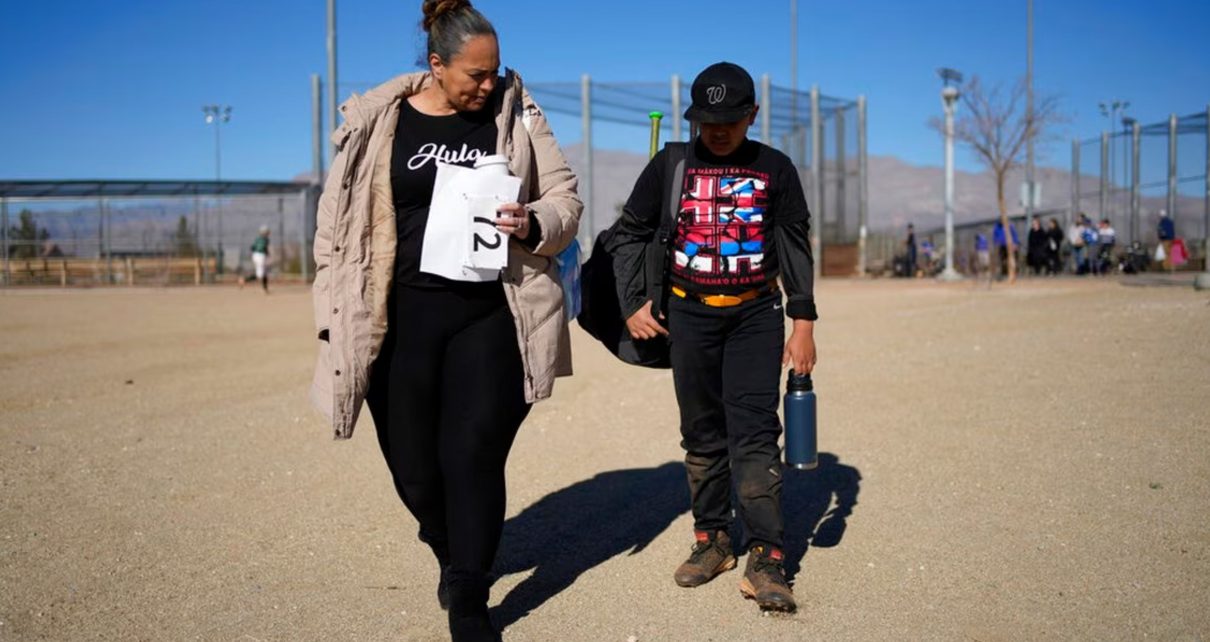
Hawaiian Natives Move to Las Vegas in Search of More Affordable Housing
By TheNevadaGlobeStaff, January 23, 2023 6:34 am
LAS VEGAS, Nev. (702 Times, NV Globe) – Kona Purdy has always preferred to reside in Hawaii. He wants his children to grow up like he did as Native Hawaiians: firmly anchored in their culture and fed by the mountains and ocean.
However, raising a family in Hawaii required cramming nine people into a four-bedroom house in Waipahu, a suburb of Honolulu, that was rented with extended relatives. The Purdys acknowledged that it was uncomfortable but accepted it as the price of living in their native country.
“We stuffed ourselves into one room,” Purdy said of his four-member family’s living arrangements.
Their portion of the rent each month was $2,300. The Purdys discovered they could no longer afford to reside in Hawaii when the rent jumped.
“I was so busy working, trying to make ends meet,” he said. “We never took our kids out to the beach. We didn’t go hiking.”
Hawaii inhabitants are frequently priced out of the Aloha State, where the typical price for a single-family house during the epidemic exceeded $900,000. The median price is over $1 million in Oahu, the island with the most residents and where Honolulu is located.
Many locals have low-paying service occupations, and Native Hawaiians are particularly affected by the financial hardship. According to a state report released last year, a single worker in Hawaii would need to make $18 per hour to cover housing and other essentials, but the state’s current minimum wage is only $12.
Many have traveled to Las Vegas, including the Purdys.
U.S. population projections for 2021 state that According to the Census Bureau, the largest increases in Native Hawaiian and other Pacific Islander populations were seen in Sacramento County, California, and Clark County, Nevada, which contains Las Vegas. Honolulu had the greatest loss of Native Hawaiian residents.
Hawaii residents pay the most in any state on rent, on average 42.06% of their income, according to a Forbes Home research. California comes in second place, although at a far lower percentage of income (28.47%) going toward rent.
According to estimates from the American Community Survey, there were around 221,600 Native Hawaiians living on the U.S. mainland and about 296,400 of them lived on Hawaii in 2011. Ten years later, those figures changed. About 370,000 Native Hawaiians lived in neighboring states in addition to 309,800 in Hawaii in 2021.
“There’s no Hawaii without Hawaiians,” said Honolulu City Council Chair Tommy Waters, who is Native Hawaiian. His five siblings have all moved to the continental U.S. “That’s just incredibly sad to me, that Hawaiians cannot afford to live in Hawaii.”




